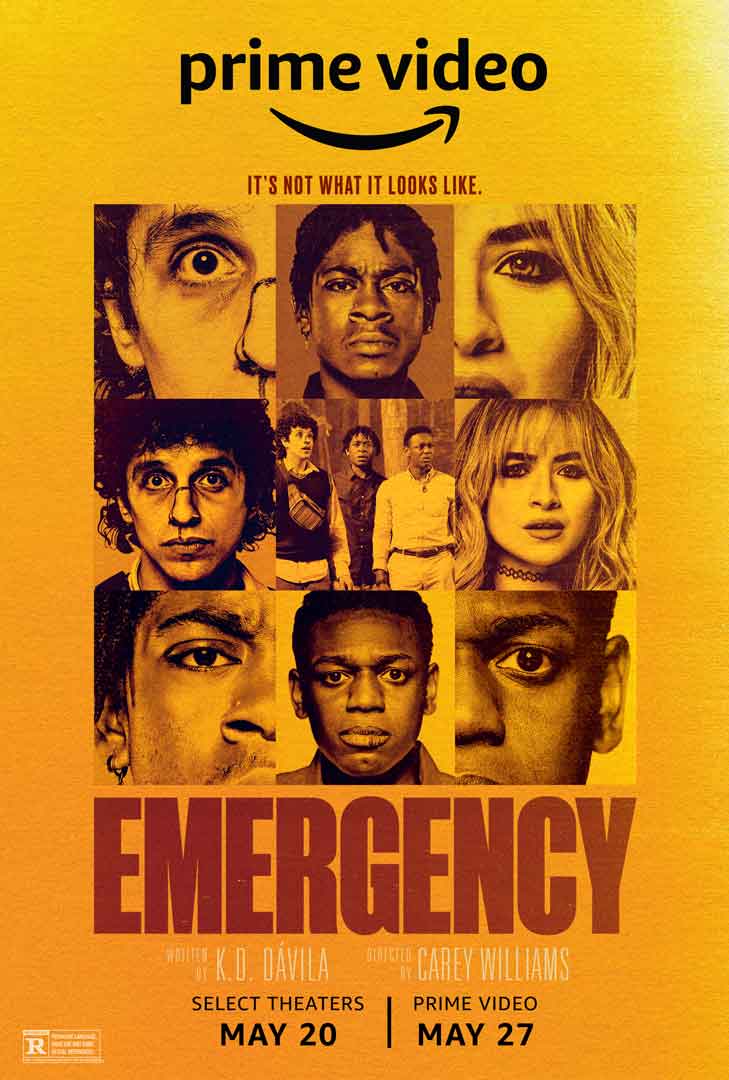Carey Williams’ sophomore element Crisis could without much of a stretch be perused as an immediate reaction to Superbad: its “one insane evening” set-up, its driving congenial triplet of differentiating characters determined to party, their loving bonds in danger because of up and coming change in their lives. The key contrast, in any case: in this film, when the police show up on the scene, they’re not by any stretch of the imagination well disposed. Crisis takes this widespread unavoidable truth for Dark and earthy colored Americans and analyzes the results on different levels: from the neurotic tension it makes in individuals who take to drastic courses of action to try not to turn into another administration authorized murder measurement, to that genuine hazardous risk of experiencing the purported crisis administrations.

On account of this film, that implies three young men — straight-An understudy Kunle (Donald Elise Watkins) and his good-for-nothing companions Sean (RJ Cyler) and Carlos (Sebastian Chacon) — finding an alcoholic white young lady dropped in their lounge room, and not long prior to calling the crisis administrations, overreacting that it could mean they’ll have chance assuming that the police turn up.
The film presents it as a mix of genuine, justifiable trepidation and boneheaded, weed-implanted suspicion. They’re some way or another settling on the good and bad choices all the while, and generally Crisis tracks down an intriguing strain between a really high-stakes story and silly fraternity parody.

Williams’ investigation of contemporary racial legislative issues maybe works best when it’s connected to situational parody, as the ridiculousness of the characters’ alert fuelled choices connect back to its perceptions about the various manners by which Individuals of color and white individuals travel through the world. In the manner moderately aged spectators greet the primary characters with telephones good to go to call the police without even batting an eye, expecting the most obviously terrible of them by dint of their appearance before irately withdrawing into a house enhanced by a People of color Matter sign.

And, after its all said and done, Crisis is flawed in its treatment of this subject. The camerawork feels for the most part utilitarian and absent any and all the very nervousness that is so fundamental for its account; the jukebox, party-music score doesn’t feel very amusing enough to work. It’s additionally cumbersome, maybe too delayed to even consider beginning and excessively de-pressurizeed and wandering to deal with its blend of strain and apprehensive parody appropriately.

However, thanks to a great extent to the delicate science and fine comic timing of its lead entertainers, there are notes of elegance and even cleverness to go with its feeling of sadness despite a degenerate, vigorously outfitted power.

Leave a Reply